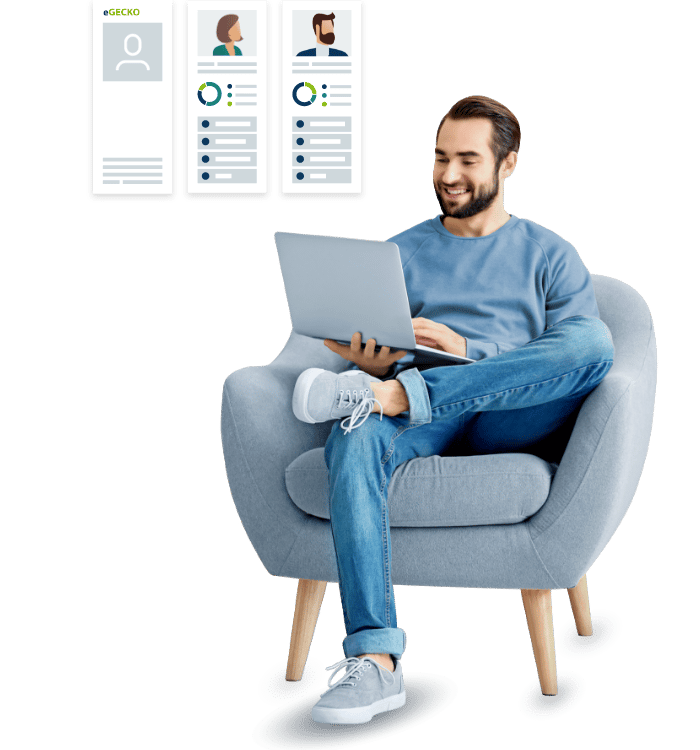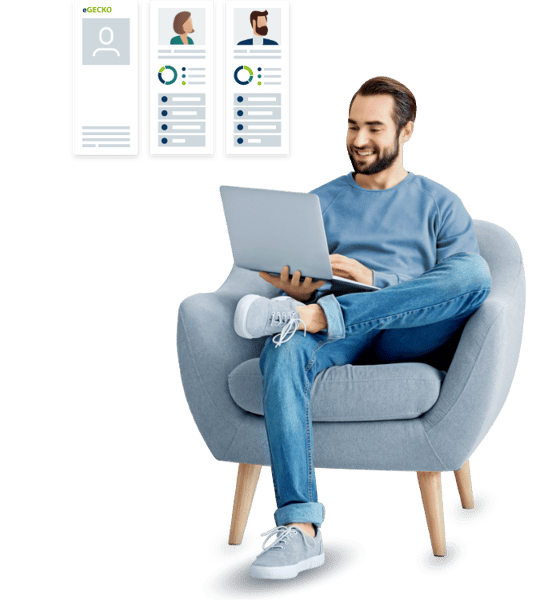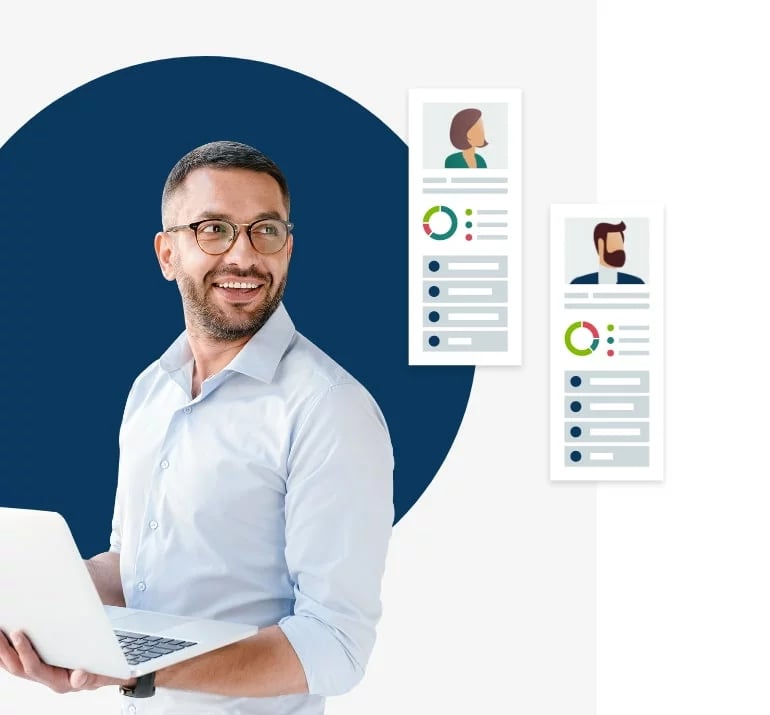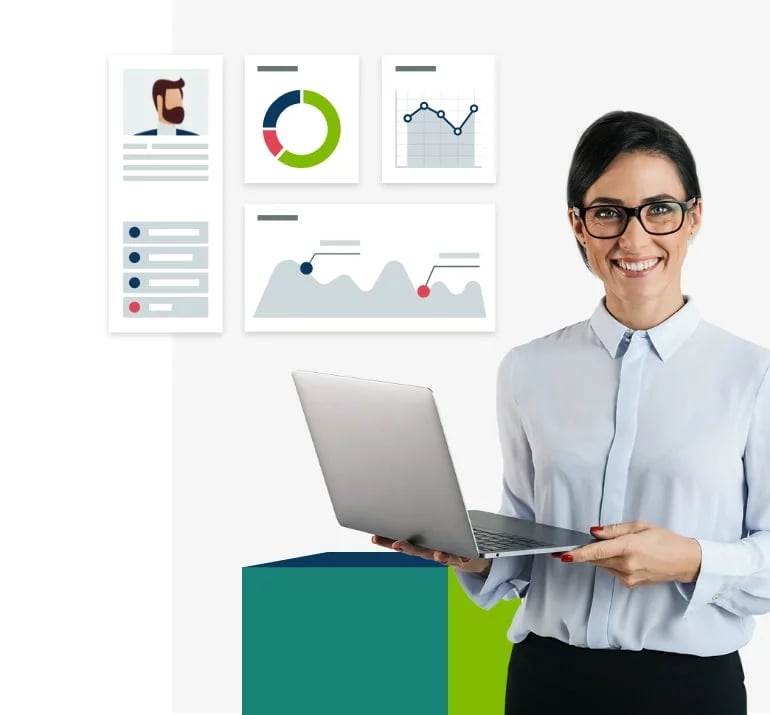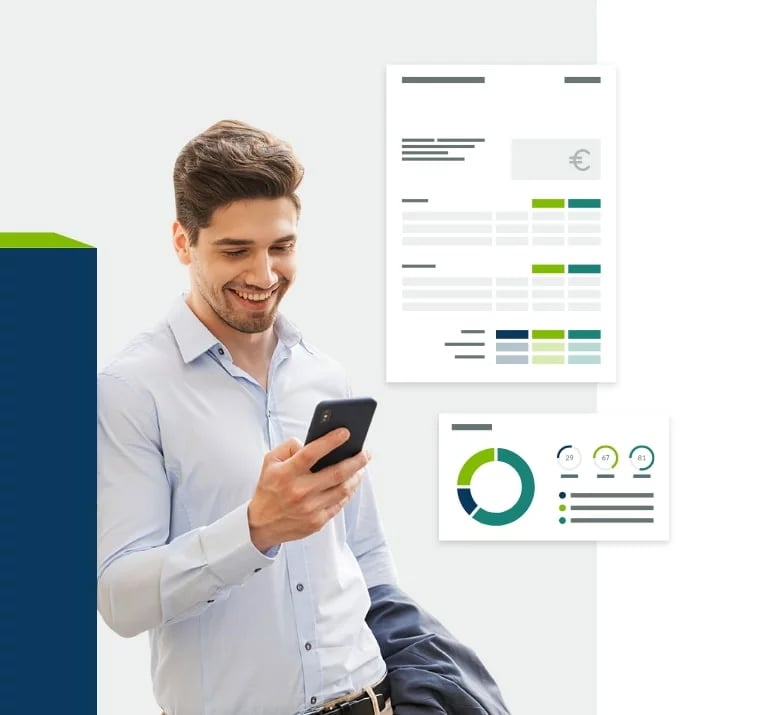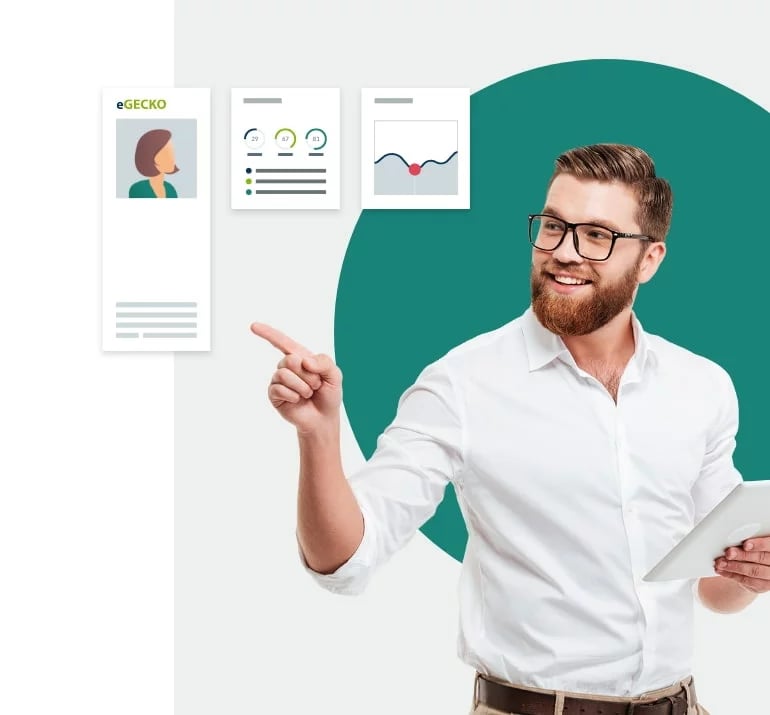The various providers are also billed separately, which can lead to opaque contractual situations. However, if the tools are linked to each other via interfaces, system updates and upgrades are the biggest problem. It cannot be guaranteed that existing interfaces will remain functional with new software versions.
We therefore recommend using HR software as a 360-degree solution, free of interfaces and media breaks, which seamlessly maps all user needs with a consistent rights and master data concept. With eGECKO we offer a fully integrated HR software that combines wages and salaries, personnel management and digital personnel files, time recording, applicant management and many other modular functions. With eGECKO it is no problem to map the entire employee life cycle - from application to retirement.



